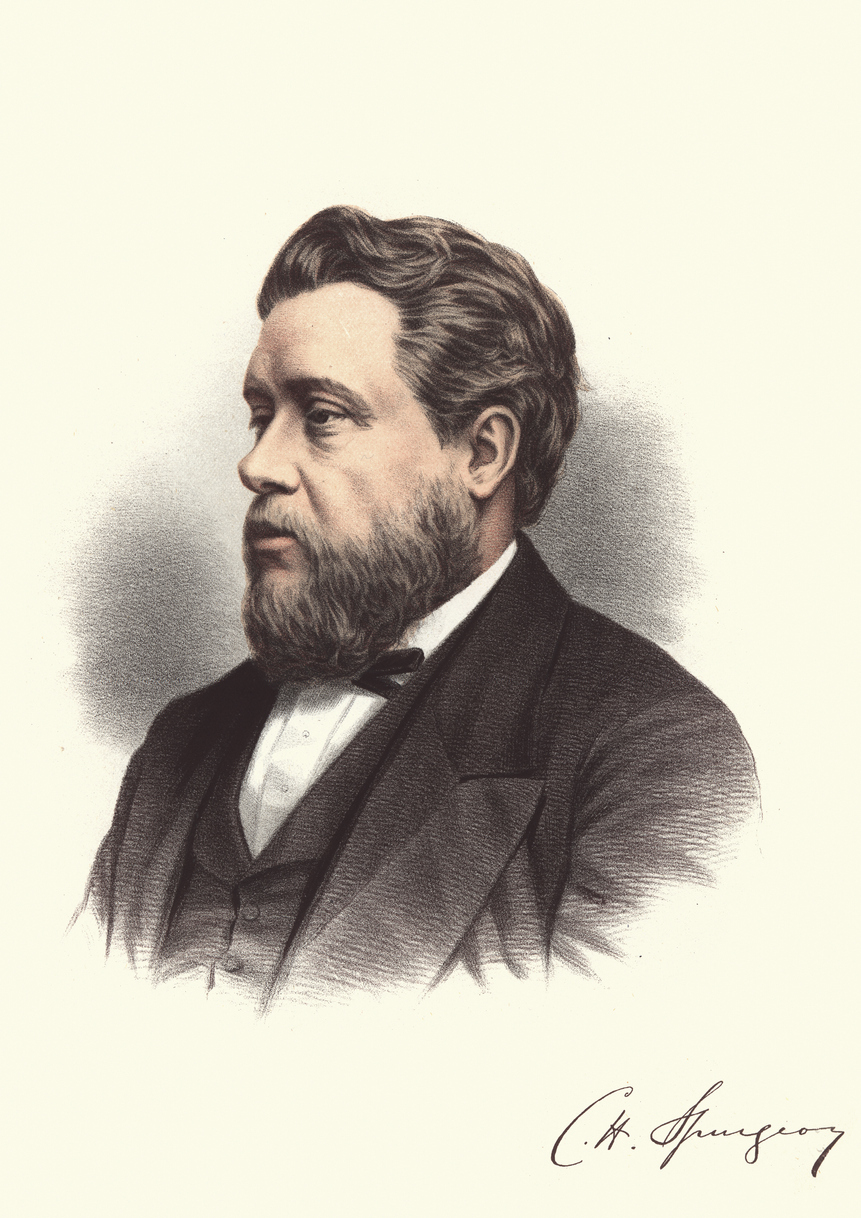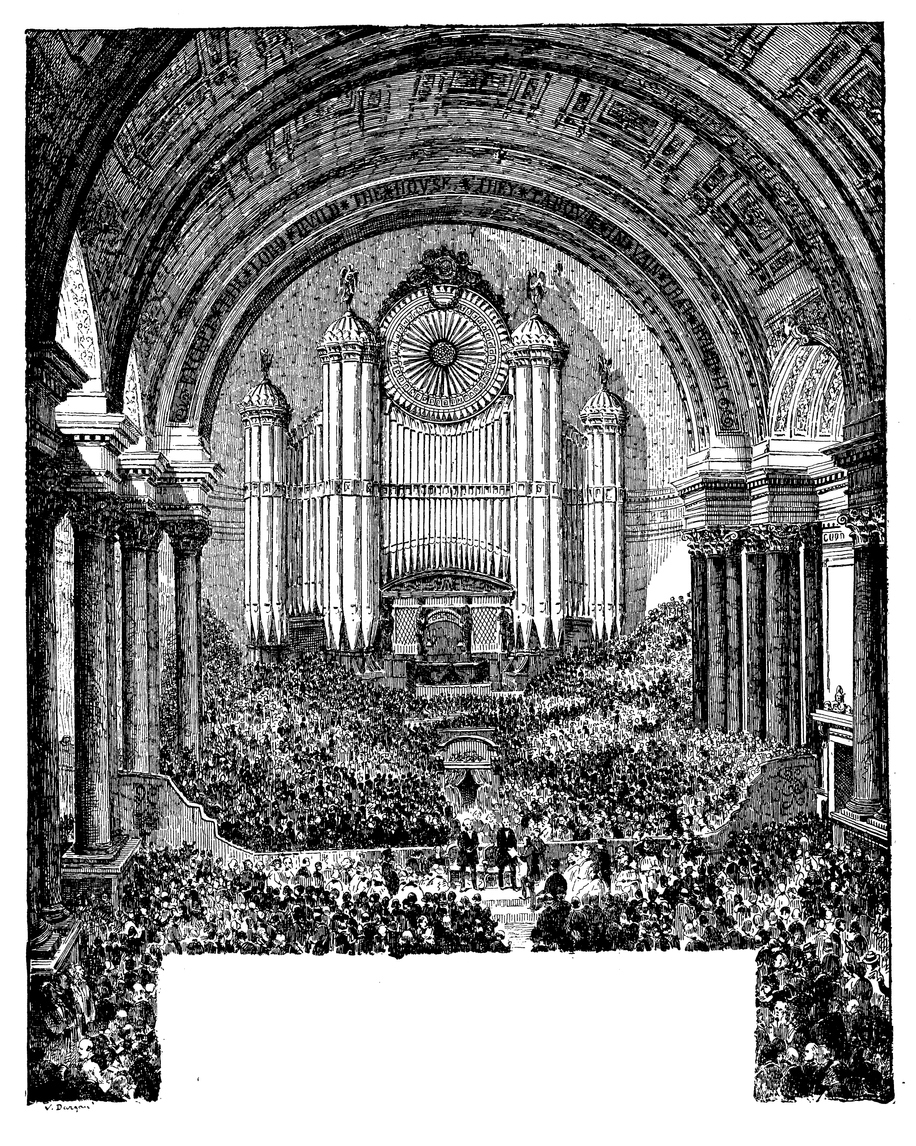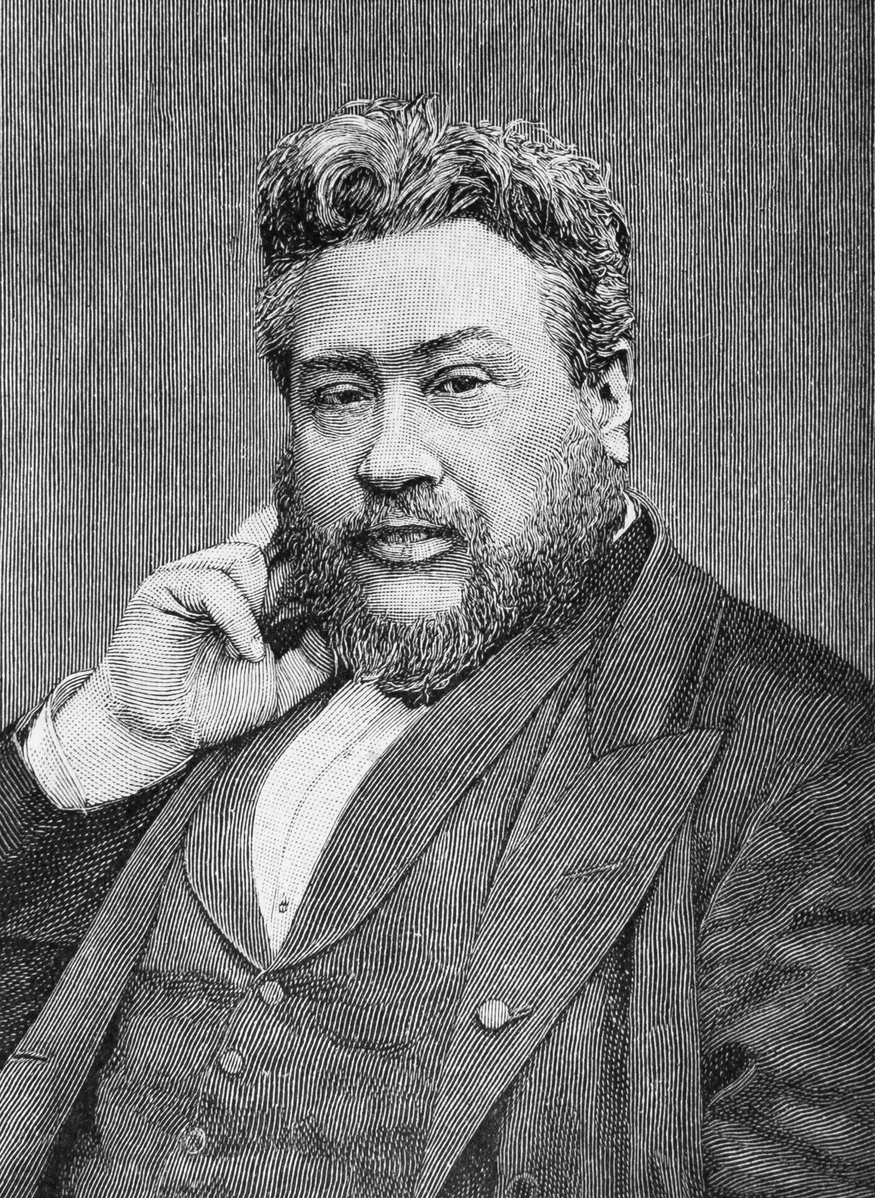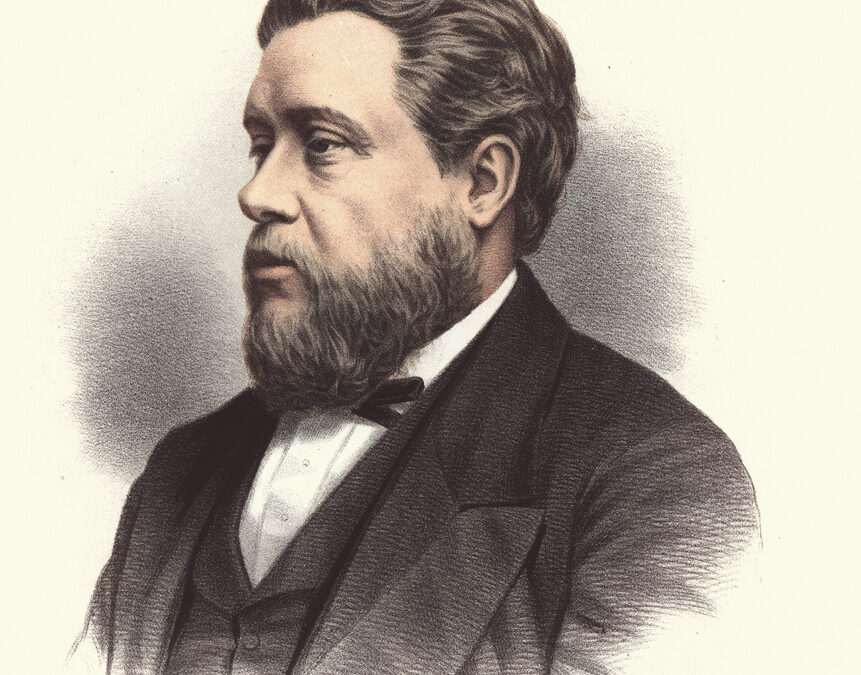Guest Author John Piper

Mountains are not meant to be envied. In fact, they are not meant to even be possessed by anyone on earth. They are, as David said, “. . . the mountains of God” (Ps. 36:6).
If you try to make a Minnesota hill imitate a mountain, you will make a fool of your hill. Hills have their place. So do the plains of Nebraska. If the whole world were mountains, where would we grow bread? Every time you eat bread say, “Praise God for Nebraska.”
I am talking about Charles Haddon Spurgeon. I am warning my wavering self that he is not to be imitated. Spurgeon preached as a Baptist pastor in London from 1854 until 1891. Thirty-eight years of ministry in one place. He died January 31, 1892 at the age of 57.
His collected sermons fill sixty-three volumes which is equivalent to the twenty-seven-volume 9th edition of the Encyclopedia Britannica and stand as the largest set of books by a single author in the history of Christianity. He read six books a week and could remember what was in them and where. He read Pilgrim’s Progress more than one hundred times.
He added 14,460 people to his church membership and did almost all the membership interviews himself. He could look out on a congregation of 5,000 and name those he was looking at. He founded a pastor’s college and trained almost 900 men during his pastorate.
Spurgeon once said he had counted as many as eight thoughts that passed through his mind at the same time while he was preaching. He often prayed for his people during the very sermon he was preaching to them. He would preach forty minutes at 140 words a minute from a small sheet of notes that he had worked up the night before.
The result? More than 25,000 copies of his sermons were sold each week in twenty languages and someone was converted every week through these written sermons. [His messages were cabled across the Atlantic each week and published in a New York newspaper, word-for-word. K.G.K]

Mr. Spurgeon was married and had two sons who became pastors. His wife was an invalid most of her life and rarely heard him preach. He founded an orphanage, edited a magazine, produced more than 140 books, responded to 500 letters per week and often preached ten times in various churches as well as his own.
He suffered from gout, rheumatism, and Bright’s disease, and in the last twenty years of his ministry he was so sick he missed a third of the Sundays at the Metropolitan Tabernacle.
He was a politically liberal, conservative Calvinistic Baptist who smoked cigars, spoke his mind, believed in Hell, and wept over the perishing, tens of thousands of whom were saved through his soul-winning passion. He was a Christian hedonist,[1] coming closer than anyone I know to my favorite sentence: “God is most glorified in us when we are most satisfied in Him.” Spurgeon’s parallel statement to mine is, “One thing is past all question; we shall bring our Lord most glory if we get from Him much grace.”
What shall we make of such a man? Neither a god nor a goal. He should not be worshipped or envied. He is too small for the one and too big for the other. If we worship such men, we become idolaters. If we envy them, we are fools. Mountains are not meant to be envied. They are meant to be marveled at for the sake of their Maker. They are the mountains of God.

More than that, without envy, we are meant to climb into their minds and hearts and revel in what they saw so clearly and what they felt so deeply. We are to benefit from them, without craving to be like them. When we learn this, we can relax and enjoy them. Until we learn it, they may make us miserable, because they highlight our weaknesses. Well, we are weak, and to be reminded of it is good. But we also need to be reminded that compared with our inferiority to God, the distance between us and Spurgeon is as nothing. We are utterly dependent on our Father’s grace.
Spurgeon had his sins. That may comfort us in our weak moments. But let us rather be comforted that his greatness was a free gift of God to us as well as to him. Let us be, by the grace of God, all that we can be for the glory of God (I Corinthians 15:19). In our smallness, let us not become smaller by envy, but rather larger by humble admiration and gratitude for the gifts of others.
Do not envy the mountain; glory in its Creator. You’ll find the air up there cool, fresh, and invigorating and the view stunning beyond description. So don’t envy. Enjoy!
[Other than the tidbit bracketed in the middle of the article], this article is a direct quote from John Piper’s book A Godward Life.
P.S. The picture of the large auditorium on page two is probably not Mr. Spurgeon’s Metropolitan Tabernacle in downtown London. But it is similar in size and ambiance.
[1] Piper uses hedonism to convey a joy and pleasure in one’s life about the Living God. He was and is genuinely excited about God himself. Psalm 16:11 for a comment on this biblical attitude. While the world uses hedonism with an selfish, fleshly connotation, Piper takes this word back and gives it a positive flavor.

I guess we are good enough friends so I can say that our son Joel lost all respect for Piper when in the last election he voted for Biden. I suppose that doesn’t really affect his spiritual endeavors or home in Heaven, but it does show a great lack of judgment. It leaves a bad impression and I don’t know how he discovered this information. Thanks Keith. Love to Marilyn.